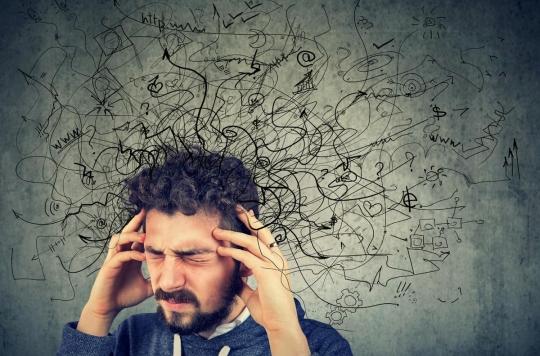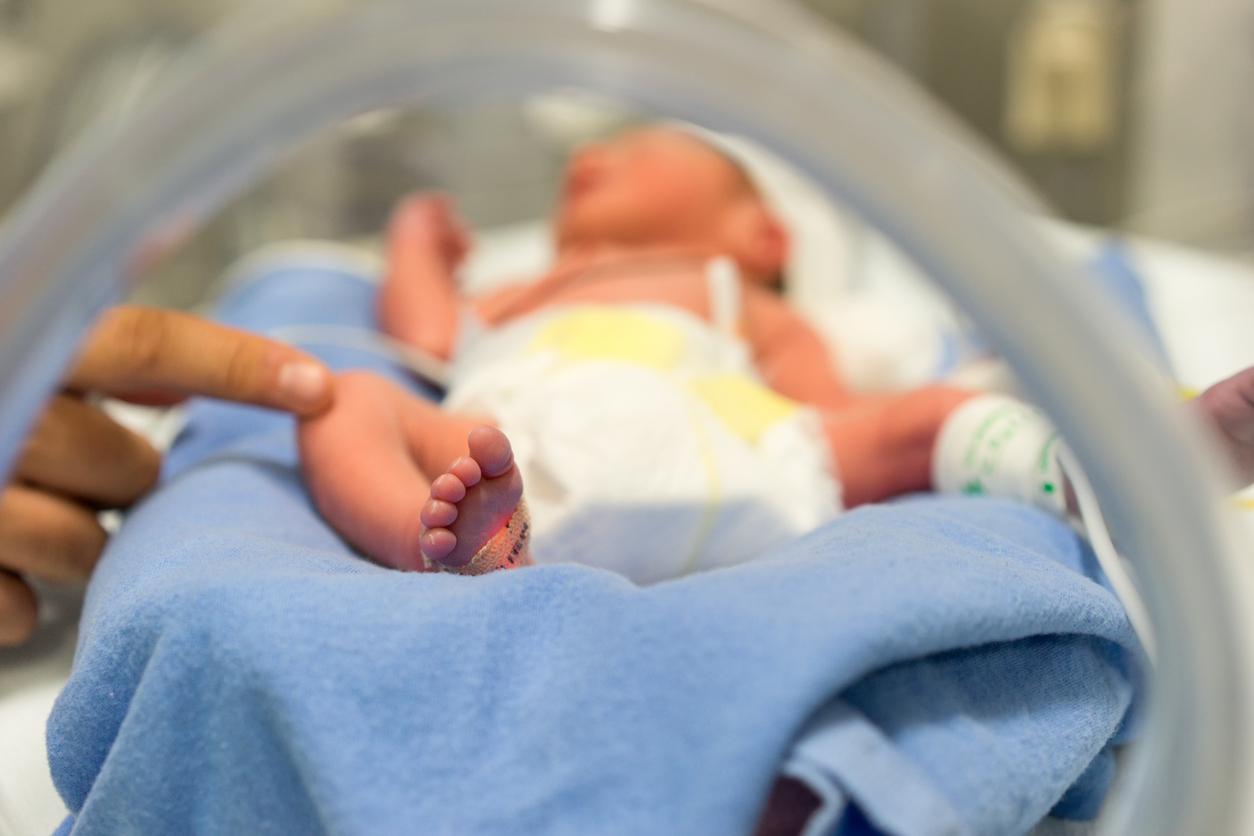Although little known and little discussed in France, many adults suffer from attention deficit disorder with or without hyperactivity (ADHD), often because it was never diagnosed in their childhood.

- Between 2 and 4% of the world’s adult population is thought to suffer from attention deficit disorder with or without hyperactivity (ADHD).
- Undiagnosed adults are more likely to suffer from depression, sleep disorders or addiction(s)
- The consequences of undiagnosed ADHD in adulthood can be disastrous for studies, professional or personal life.
Although surprising, attention deficit disorder with or without hyperactivity (ADHD) can also develop in adults: between 2 and 4% of the world’s adult population is said to be affected. Characterized by a tendency to be impulsive and to act without thinking, to present attention disorders and possibly a motor or mental hyperactivity, ADHD considerably affects the quality of life of adults who suffer from it.
As explained in The Conversation Oussama Kebir, p.sychiatrist, addictologist and practitioner at the GHU Psychiatry & Neurosciences in Paris, “if there seems to be a late form, ADHD is frequently spotted in adults, especially because they were not diagnosed earlier”. According to High Authority for Health (HAS), the average age of diagnosis by a specialist is usually between 9 and 10 years. At this stage, approximately 47% of children suffer from an attention disorder, 36% from hyperactivity/impulsivity and 17% have these three associated symptoms.
Depression, anxiety, addictions
In the event of non-diagnosis, the child grows up with persistent ADHD which increases his risk of later suffering from depression, anxiety, sleep disorders, personality disorders and developing an addiction (drugs, alcohol, etc.), especially to calm his hyperactivity. The consequences can be disastrous for their studies, professional, personal or even family life. According to the psychiatrist, 26% of the prison population and 23% of addiction patients have ADHD.
In general, ADHD in adults remains poorly known and little discussed in France. “Ideological positions have in fact led to considering only the disorder of the child, giving priority to psychoeducational measuresexplains Oussama Kebir. For several decades, only child psychiatrists, pediatricians, and pediatric neurologists were trained on the subject, resulting in insufficient diagnosis and a delay in understanding the disorder in adults. What is more, the health authorities and part of the medical profession have a negative a priori as to the drugs used, because of their relationship with amphetamines.”
Another obstacle to the treatment of ADHD in adults: “The renewal of the treatment initiated in the hospital is entrusted to a city doctor chosen by the patient. However, since no molecule has marketing authorization in France for ADHD in adults, the health insurance funds tend to exert pressure to prevent the prescription of the rare drugs available based on methylphenidate, going so far as not to use them. refund.”
How do you know if you have ADHD?
An adult with ADHD finds it very difficult to concentrate, especially to perform a task that is not very stimulating to him. He will tend to be dizzy, to make mistakes due to lack of attention, to forget appointments or obligations, to misplace his belongings. He is often scattered, distracted by the noises around him, dispersed and finds it difficult to listen to others with attention and concentration. The adult with ADHD is often disorganized, late and does not anticipate things. If hyperactive, he finds it difficult to relax, stay still or clear his head. This is called mental hyperactivity.
The medical opinion of a psychiatrist is essential to make the diagnosis of ADHD, but the youis ASRS v1.1 self-assessment of the World Health Organization (WHO) provides an initial idea. Divided into two parts, it allows thanks to 18 questions to evaluate its symptoms and to know if one presents an ADHD.

.















